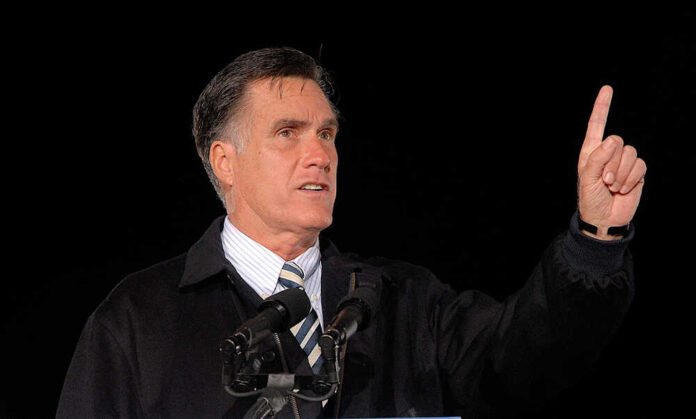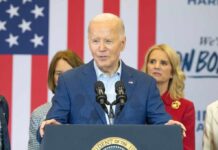
Sen. Mitt Romney (R-UT) has unveiled a scheme to prevent former President Donald Trump from clinching the GOP nomination for the 2024 presidential election. While layered in apparent practicality, the strategy overlooks one vital component – the continuing popularity and support Trump enjoys among the conservative base of America First voters.
Romney’s proposal hinges on persuading the GOP’s wealthy benefactors to withdraw their support from candidates who fail to gain traction in the early primaries. He believes that the lack of financial aid would naturally eliminate longshot candidates, allowing stronger contenders a shot at challenging Trump.
Will Romney's Gambit to Keep Trump out of the WH Work? https://t.co/zZeLOWYLHW
— RedState (@RedState) July 29, 2023
But can this strategy work, or will it fall flat, just as Romney’s 2012 presidential campaign did? It’s too soon to tell, but the approach raises more questions than it answers.
Indeed, the former Massachusetts governor presents a seemingly persuasive argument in a recent op-ed, where he states, “Republican megadonors and influencers—large and small—are going to have to do something they didn’t do in 2016: get candidates they support to agree to withdraw if and when their paths to the nomination are effectively closed.” However, this is banking on a huge gamble: that there will be one or two strong, viable candidates ready to take up the mantle and challenge Trump.
While Florida Gov. Ron DeSantis (R) or Sen. Tim Scott (R-SC) could gain momentum with enough backing, the potential success of Romney’s scheme hinges on the willingness of longshot candidates to exit the race early and the readiness of GOP donors to withdraw their support. And even then, the success of this approach is not guaranteed.
However, what the Utah senator’s plan disregards is the unyielding popularity of Trump within the party. Currently, Trump leads the pack by 34 percentage points over DeSantis, who is struggling to hang on to a distant second place.
Romney’s maneuver must also consider the loyalty between donors and their chosen candidates. As he admitted, “Donors feel the loyalty to the candidate and the candidates want to stay in. That’s the nature of a politician, which is, ‘I’m going to fight to the end. I’m not a quitter.’”
Indeed, what Romney perceives as a strategy for the good of the party could equally be viewed as an attempt to manipulate the natural order of an election. Is it truly in the party’s best interest to narrow the field artificially, or should the voters be the ones to decide who they believe can best lead the country?
This proposal, while possibly well-intentioned, seems to underestimate the resounding endorsement of Trump by the GOP base. Regardless of how many longshot candidates are persuaded to bow out early, Trump’s wide-reaching support cannot be so easily dismissed.













